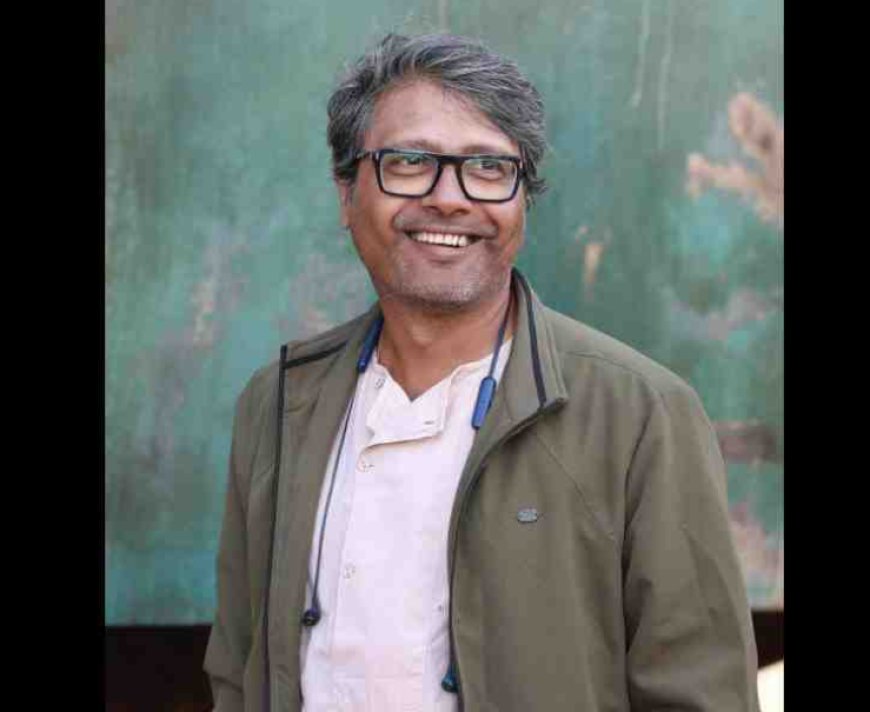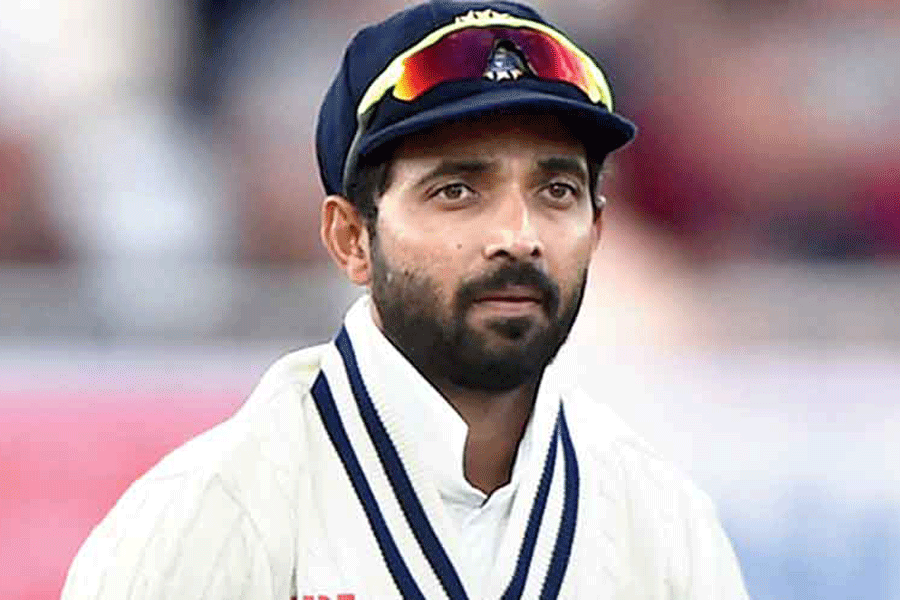Nikhil Nagesh Bhat Opens Up About His Latest Film 'Apurva' and His Evolution as a Filmmaker
Director Shares Challenges of Filming in Harsh Terrain and Tara Sutaria's Dedication

Disney+Hotstar is now streaming Apurva, the tale of a girl next door who, in the face of horrific violence, finds her inner fortitude. Positive reviews have been received for the film, which also includes Rajpal Yadav, Abhishek Banerjee, and Dhairya Karwa and starring Tara Sutaria in the lead role. t2 spoke with the film's director, Nikhil Nagesh Bhat, about his most recent work. Bhat has directed films such as Hurdang and Brijmohan Amar Rahe.
Why did you decide to create Apurva?
This is how I wrote back in 2009–2010. My childhood was spent in Patna. There was a lackluster state of law and order throughout the 1980s and 1990s. My sisters' acquaintances were unable to leave the house after six o'clock. There was an extremely high incidence of crime against women. Thank goodness, it has much decreased now, and I hope it continues to improve.
The truth is, however, that it hasn't stopped. I am not referring just to Patna, nor to the north, south, east, or west. Unfortunately, it's not limited to India; it exists worldwide.
I've always found the second reason for creating this intriguing. Our lives were going well; we had ambitions, plans, and objectives for the future. Then, out of nowhere, an occurrence occurs that sets our lives on a destructive course. It alters every aspect.
Any of us might experience it. Our capacity to remain strong in the face of adversity is put to the test. This is Apurva's tale perfectly. When I wrote this, these were my thoughts.
It seems that the film was difficult to shoot.
In November, we were filming in a location called Kuldhara, which is 50 miles from Jaisalmer. The terrain is quite rough and unfriendly. Along with gravel, snakes, and scorpions, there are bushes and thorns. Nights are quite chilly and days are extremely hot. Not only was it very difficult for Tara (Sutaria), but it was especially difficult for her since she had to run barefoot.
You may attempt to clean the way, but you are unable to remove the thorns or stones. We also refused to cut while she was moving and needed to, say, turn right. We wanted to keep getting this amazing photo, so she would keep going. As a result, injuries occurred physically every day. She had many dislocations of her shoulder. She had a sprained ankle, wrist, and elbow. After a fall, Rajpalji (Yadav) had a back injury. The neck of Abhishek Banerjee was sprained.
Tara found it quite difficult emotionally as well since she had to experience those experiences. I should emphasize that we did not spend a lot of time preparing for the sequences or the script. We simply spoke about the setting, the character, and the circumstance. I made a conscious decision with Tara to avoid going into specifics about the sequences because we wanted the emotions to come across really naturally.
You cannot practice and conjure up these feelings. It has to be quite natural for us. It became problematic as no lady should be placed in such circumstance. Additionally, the emotional strain is increased when the landscape seems that way.
Tara would go inside her tent to get ready. Sometimes I would simply pop in to see how she was doing. All she would do was give a simple thumbs up. She wanted to remain with those feelings, so there wouldn't be a lot of talk about it. Even Abhishek and Rajpal Sir found it difficult to stay in character since they were portraying men who were doing this type of horrific murder. I recall Abhishek approaching me and confiding that he was struggling to deal with his character and that it was bothering him. He kept having nightmares about what we had photographed, which kept him from falling asleep at night. Sukha, his persona, is blatantly black; he has no redeeming qualities. Actually, Abhishek had said that he had no intention of turning Sukha into a person. Because he would begin to relate to him the instant he did.
Since Tara has never portrayed a tough role like this before, there has been a lot of intrigue in her casting. Why did you decide on her? On set, was she a surprise to you?
She is seen sprinting before she stumbles and collapses. She genuinely stumbled, fell, and hurt her ankle while running. It was such a great photo that I assumed it was a part of the scenario. She carried on like that for ten or fifteen more seconds before yelling that her ankle ached. However, she persisted since she didn't want to ruin the opportunity.
She even took a half-hour break after that before returning to continue shooting. She felt ready to sprint once again. That's simply sheer willpower. Once again, she dashed.
Numerous scenarios include pulling and lifting, and she injured her shoulder a few times. However, she would just cling to her shoulder and continue taking the photographs. You won't be able to tell that she has a dislocated shoulder from those images in the movie. I haven't seen any incentive like that.
I'll also tell you why I chose to cast her. Apurva is the girl next door, but when she is placed in such dire situations, she changes. Tara gives off the impression that she is a rather little, delicate girl who would eventually give in, but instead of giving in, she changes. Both Tara and Apurva have undergone a significant metamorphosis; it seems as if they have been feeding off one another. You will be able to see that type of change even in Tara.
You've been directing and writing for some time now. Would you consider this stage of Apurva and Kill—which was just honored at the Toronto International Film Festival—to be your best?
Absolutely. We develop in various ways as time goes on and we accumulate more experience. I think I'm in a position where I'm enjoying the process right now. I had never shot in such a landscape or conveyed these kinds of feelings on film, therefore I really liked creating Apurva. I hope the audience finds the film to be incredibly cinematic when they view it, on whatever sort of screen.
Like with Kill, it's a different type of gratifying experience. Kill, which co-starred Lakshya, Raghav Juyal, and Tanya Maniktala and was produced by Karan Johar and Guneet Monga, had a variety of difficulties, yet it was really fulfilling to do that sort of movie.
Except for the headline, this story has not been edited by Press Time staff and has been published from a syndicated feed.



























































